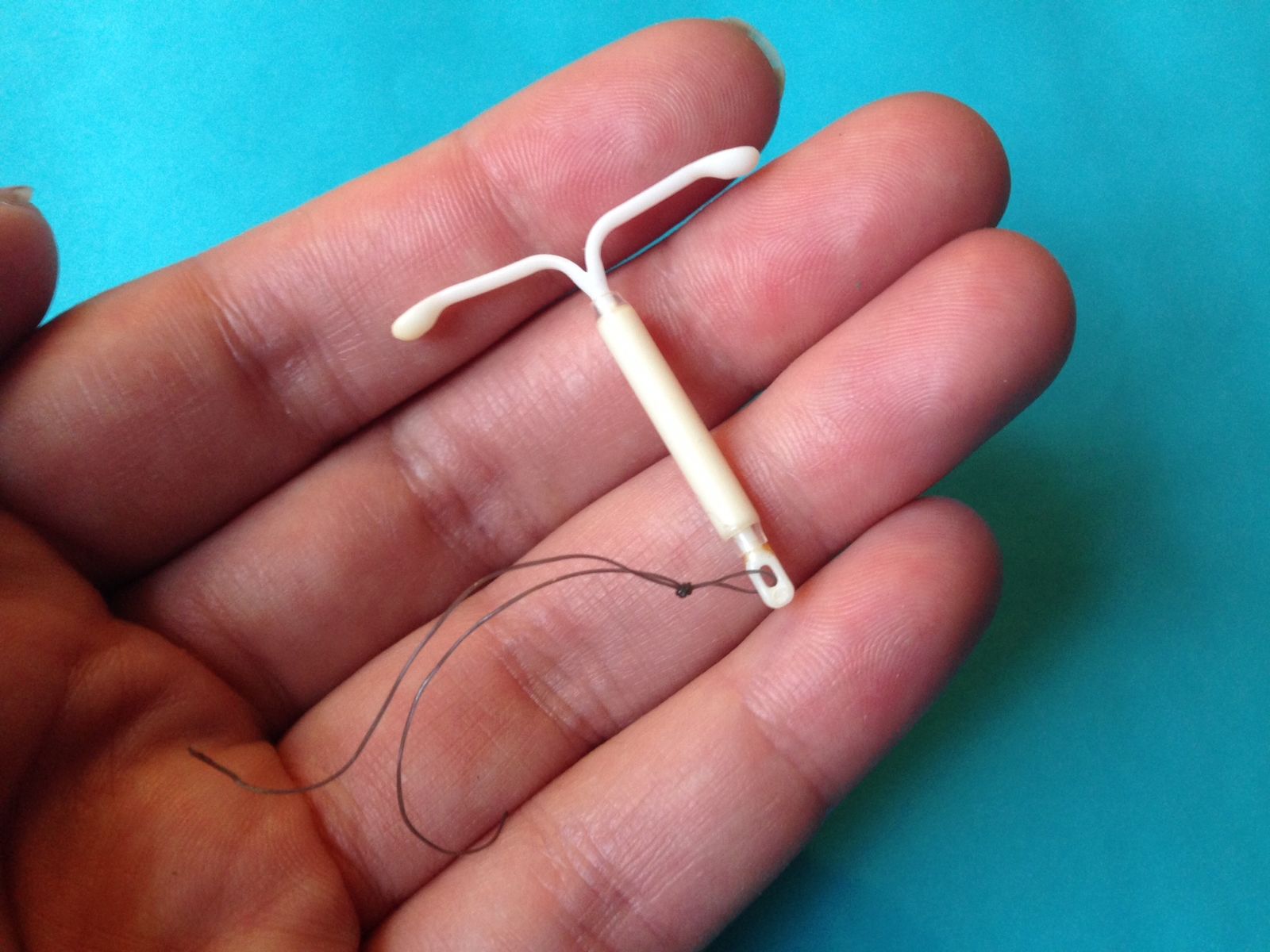The overall definition of Birth control is used for protection against pregnancies. It is supposed to block sperm from entering the eggs which stop from releasing from the ovaries. The pill will come in a package of 21 or 28 tablets. These pills would have to be taken every day for them to work. Once the 21 pills are consumed there would be a week of bleeding occurring and once that happens a woman would restart the process all over again. Now the 28 tablets are a little bit different only because there are 7 pills in the package that are called remainder pills. These pills would be taken to keep track of a woman’s birth control intake.

Both IUDs and implant birth controls are long-lasting and can last a woman for a few years. Now the difference between the two is that IUDs are small t-shape tools that go inside a woman’s uterus. Which can only be inserted through a doctor because it is a small procedure. The implant is a tiny tube that would be implanted into a woman’s arm (hence the name). The IUDs and implants can be removed anytime, and women can still become pregnant if they choose to do so. There are two different types of IUD birth controls. The hormonal IUD releases a hormone called progestin. If inserted the first 7 days of a woman’s period, then IUD will work right away and this IUD will last a woman up till 3 to 5 years. While the cooper IUD Is a bit different because it is a thin wire that has a toxin that keeps away a man’s sperm from entering the woman’s uterus. This type of IUD can last up to 10 years. The birth control Implant would release a hormone called progestin that would also enter a woman’s uterus. This birth control works fast and will last for about 3 years.

The pros of birth control pills are that they can prevent pregnancies, prevent menstrual cramps, lower the chances of ectopic pregnancies, reduce acne, and help control premenstrual syndrome. But some small cons of the pill are that it can cause a change in a woman’s weight, cause some tenderness in a woman’s breast, and cause a small chance of pregnancy. While some high concerning cons is that the pill can cause cardiovascular which could affect the heart, cause Gastrointestinal problems, and affect the central nervous system. Although the pill may negatively affect a woman it can still have some positive effects for women and women still have the choice to decide if they want to go on the pill or not.
The pros of IUD and Implant birth control is that it helps prevent pregnancies, cause light bleeding, or make a woman’s period go away, and these birth controls will last for years. Now the cons of these birth controls are that they can’t be used if a woman is pregnant or if there are any other medical conditions that these birth controls can affect. There is also still a chance for a woman to still become pregnant which means there is a chance of an ectopic pregnancy occurring meaning when the baby develops outside a woman’s uterus. There is a chance of the IUD pushing itself through the wall of a woman’s uterus, meaning it would have to be removed right away by a doctor. Some other things to note is that the IUD can come out by itself and can cause odor and fluid to come out of the vagina. The implant can also have some effects as well like the implant coming out or moving around inside the arm meaning that if it were to keep happening frequently then a doctor would have to remove it and a woman would have to find another option of birth control.
Most pregnancies that occur in the U.S are unwanted According to the article “Access to free birth control can reduce abortion rates” by Diane Duke Williams who is an associates director of media relations at Washington University school of medicine in St. Louis, 50 percent of pregnancies in the U.S are unplanned pregnancies. These unwanted pregnancies occur from women not using birth control and from women who use them incorrectly (Williams). It was reported by investigators at Washington university that if birth control were given to women at no cost, then it significantly will reduce and cut down pregnancies and abortions (Williams). A study that was done called “Contraceptive CHOICE Project” had enrolled about 9,256 women and teens in St. Louis between 2007 and 2011 the young girls and women apart of this study had the option to choose between long-term lasting and short-term lasting birth control and about 75% of young girls and women apart of this study chose long term lasting birth control (Williams). And because of this study, there was a huge drop in unwanted pregnancies and abortions (Williams). Ultimately it is up to the woman to decide whether they want to use birth control or not because at the end of the day women have the say and right to choose what is best for their bodies. My purpose for writing this is not to say that women shouldn’t have abortions it is only to provide information about ways to prevent pregnancies and it’s also to inform that women have other option's to decide if they would like to use birth control or not.
See the map below of clinics in New York City that provide options for contraceptives.
Carto map
Click the link on the bottom to see all of my resources
Resources